QuestionHello. My 2 year old cat was diagnosed with Feline Leukemia about a year ago. At the time of his diagnoses, he was VERY VERY sick. The vet gave him some medicine but it seemed to just make it worse. A few weeks later, i took him off of his medicine. I thought he would get worse, but he all of a sudden got better. He started recovering slowly but surely, and life came back into his eyes. Since this, i am scared to take him back to the vet.. Without his medicine, shouldn't he of gotten sicker? So, do you think it's worth taking him back and getting him re-tested? He is a very happy and overall healthy cat. I read on the internet you should test twice. Thank you so much. Jessica
AnswerJessica,
To answer your question about whether you have him retested, here's some information off the UC Davis Vet School website:
The blood test itself is quite accurate, but not perfect. Because cats can be transiently infected, it is possible that a cat will initially test positive for FeLV, and then recover and test negative at a later date. In most healthy cat populations FeLV is quite uncommon, and this leads to an increase in the relative number of false positive results. At minimum, all positive ELISA tests should be repeated to ensure that correct technique was used; if whole blood was used for the initial test, it should be repeated on serum. (See below for additional information on testing.)
Additionally, here is some more info from the same website, again quoting UC Davis Vet School:
Cats testing positive by the ELISA test on serum should ideally be retested either using an ELISA test from a different manufacturer or by sending the appropriate sample for an IFA test at a diagnostic laboratory. If both tests are positive, the cat is very likely persistently infected. To be absolutely certain, cats can be held and retested after 30 days if resources are available and the cat can be appropriately housed and isolated (for the protection of the cat and population; see below). Because the IFA is less sensitive (more prone to false negatives) than the ELISA test, a negative IFA result in a cat testing positive ELISA can not be taken as an indicator that the cat is not infected. If the ELISA test is positive but the IFA results in a negative result, both tests can be repeated in 30 days. If this strategy is used, a plan should be made at the outset and clearly communicated to staff and foster parents regarding what will happen with cats that test persistently positive after the 30 day hold. A PCR test can also be run to help resolve any conflicts in the tests. PCR is very sensitive, so a negative test result run by a reputable laboratory indicates infection is unlikely. However, because PCR testing is very sensitive to laboratory error, correct sample handling and laboratory quality are extremely important.
So, to answer your question, it's definitely worthwhile to test again, as the first test could be a false positive, or, if the first test wasn't handled correctly during the specimen collecting, it could have a falsely positive response. It certainly sounds interesting that when he was on the medicine for it, he got worse, and when you took him off, he got better. I would find another vet if you're that scared to take him back there. I firmly believe that if you are scared of a provider, whether human or animal, you should find someone else. You need to feel comfortable going to the providers you go to, regardless of whether it's a MD or a DVM. After all, cats need doctors too, and as their parents, we should be making the best decisions for them as we would our own human children. Talk to other people in your neighborhood that have pets and find out where they take their animals and if they like their vet. Ask people at work, call shelters and ask if they can recommend a good vet in your area. Most of all, I would talk to a friend or acquaintance that has a cat or dog that is happy and healthy and likes their vet, and go there.
Regarding the medication you were giving your cat. I'm not familiar with medication for FeLV. I'm aware of a vaccine (not very effective), and I've read that some vets are using N-acetylcysteine, but for FIV mostly. The only reason it's being used for FeLV is because it was discovered that the med killed cancer cells, and FeLV can lead to cancer, in which case, the N-acetylcysteine could be promising to slow down or halt the cancer cells. So you will have to let me know what medication you were giving him.
I hope the info I've provided you has helped. Let me know about the medication.
Savannah

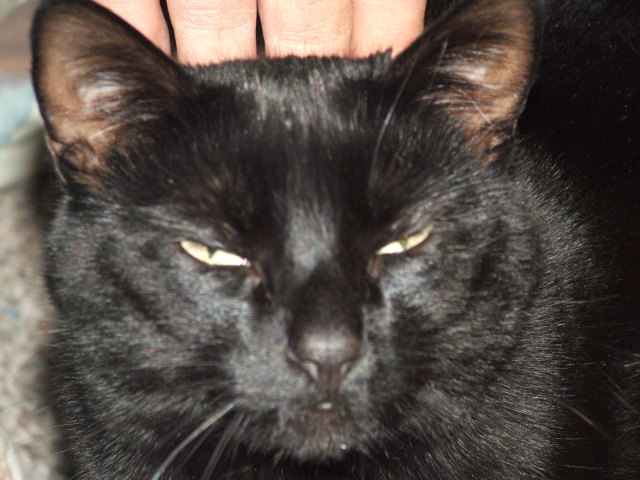 Cats not feeling well/sneezing a lot
QuestionFurry Children
QUESTION: I have 3 fixed
Cats not feeling well/sneezing a lot
QuestionFurry Children
QUESTION: I have 3 fixed
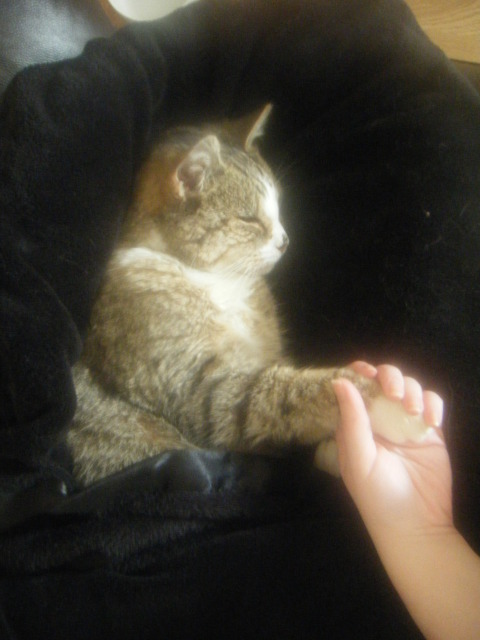 my old cat with no appetite
Question
Timmy since his loss o
Hi, Im really worried a
my old cat with no appetite
Question
Timmy since his loss o
Hi, Im really worried a
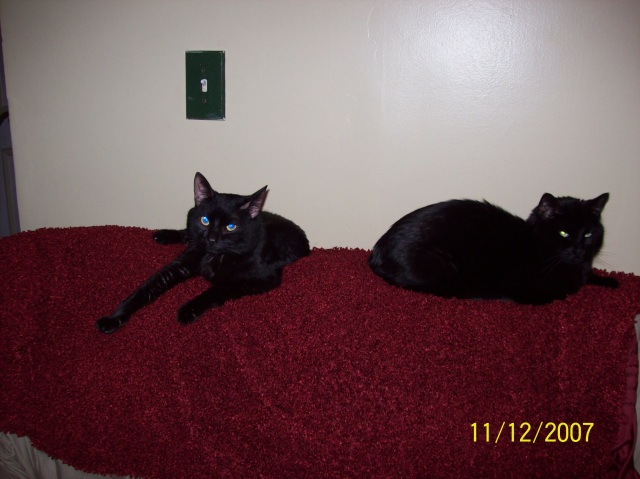 Cats continuing to pee on bed(s)
Question
Our cats...Payten and
I have read the
Cats continuing to pee on bed(s)
Question
Our cats...Payten and
I have read the
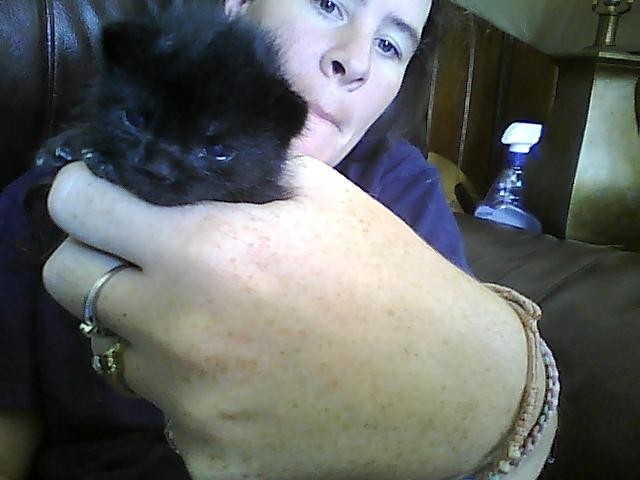 teething
Question
wally
i have a orphened kitten i have b
teething
Question
wally
i have a orphened kitten i have b
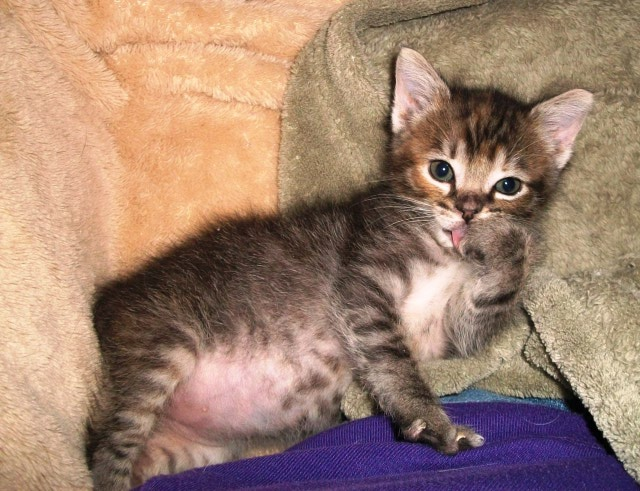 sick kitten
QuestionQUESTION: I have a 1 month old foster kitten th
sick kitten
QuestionQUESTION: I have a 1 month old foster kitten th